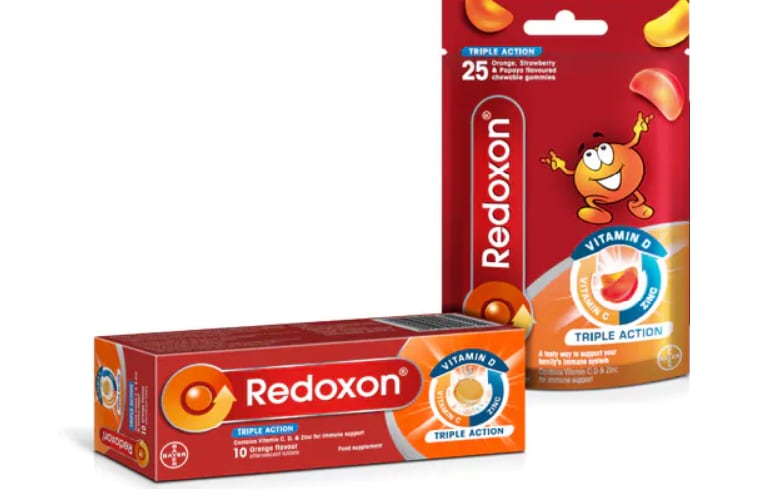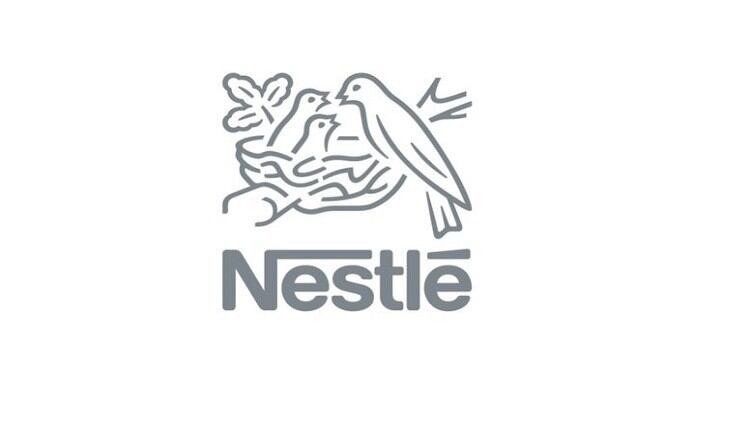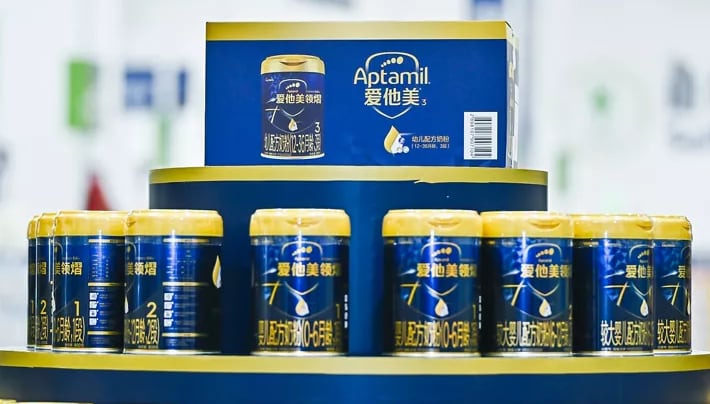Known for its immunity brand Redoxon, energy brand Berroca, and fertility and infant nutrition brand Elevit, Bayer said its nutritionals sales were down 8.4 per cent on a reported basis to €1.43 bn (US$1.56bn).
Nutritionals is the second largest category for Bayer Consumer Health business, contributing 23 per cent of the division’s €6.03 bn (US$6.57bn) sales in FY23. Dermatology was the largest portfolio with 24 per cent sales share.
Bayer Consumer Health’s portfolio also consists of digestive health, allergy, pain, cough and cold, and cardiovascular health products.
The company said that its nutritionals business had “declined markedly”, in part due to “a weaker market environment in China and South East Asia.”
Over the past year, Chinese consumers were said to have tightened their spending against the backdrop of slow economic recovery post-COVID.
It is also in the APAC region that Bayer Consumer Health is strongly reliant on its nutritionals business.
Heiko Schipper, president of Bayer Consumer Health Division, said there was a need to launch its other high performing categories, such as dermatology and allergy products, more quickly into the region.
“We see it (South East Asia) as a very attractive growth market. We all know that there are 650 million consumers there and we believe it’s a fantastic opportunity to grow more.
“But the problem is that we are only good in one category, which is our supplement business there, and so we need to launch other categories much quicker, such as dermatology and allergy, but there’s extremely complex processes to bring these products to markets and local production which is needed,” he said.
He was speaking at Bayer’s capital markets day which took place on the same time as its financial results release on March 5.
Its allergy brands include Claritin while its dermatology brands include Bepanthen and Canesten.
Sales from Bayer Consumer Health was €6.03 bn (US$6.57bn), a decrease of 0.9 per cent on a reported basis. Within APAC, sales were down three per cent to €938m (US$1.02bn).
Net operating after tax for Bayer Consumer Health, however, was up from €727m (US$793m) to €880m (US$960m).
Including its crop science and pharmaceuticals business, Bayer’s total sales as a group was down 1.2 per cent to €47.6bn (US$51.9bn).
Crop science was said to have significant decline in sales and earnings against a strong prior year, while pharmaceuticals registered stable sales, although earnings fell substantially.
Excavating growth in China, India, SEA
Schipper highlighted that the consumer health market remained “highly attractive” and there was still vast potential in China, India, and South East Asia where spending was low.
“We would expect a CAGR of about three to five per cent for the market, fundamentally driven by a few very important underlying drivers. Firstly, there is a continuous focus on doing more and more self-care, people get to know their health much better thanks to digital technologies.
“COVID-19 has also helped a lot in that, to have a much greater focus on taking better care of yourself.
“And then you have the push factor, where healthcare systems are overstretched. They don’t want to just do curing, but also want prevention and that starts with people being more conscious about their health.
“Third, the population is ageing but there’s also a fantastic middle class emerging, specifically from the emerging markets of this world that is going to drive growth in self-care,” he said.
For instance, in the US, he said that annual spend per capita on self-care products was €115 (US$125), but only €11 (US$12) in China and even lower at three euros (US$3.27) in India.
“Just think of the magnitude of growth that is still there through penetration, which is something that is a fantastic growth driver for a business…It’s going to be a healthy market and it’ll continue to grow, and that’s why there’s so much interest in this market across many industries that look specifically at consumer health.”
Bayer Consumer Health’s share of net sales in APAC was 13 per cent last year.
North America remains its largest market at 38 per cent, EMEA comes in second at 36 per cent, while Latin America had the same net sales share as APAC.
Its business India, for instance, has been “developing very rapidly” in the past years and is seen as a growth driver.
“We are trying to optimise our use of resources, so we doubled down on India over the past years. We didn’t have a business there three years ago, but we are going to hit a hundred million probably in 2025, so that’s a big area to win,” he said.
The global consumer health market grew by around 5 per cent in 2023.
The overall market growth was due to strong demand for cough and cold as well as digestive health products, according to the company.
E-commerce
On the other hand, the company will tap on e-commerce to further grow its consumer health business.
“When you think of vitamins and supplements in general, you use e-commerce much more these days…and we were not really satisfied with our position on e-commerce so we made a few strategic investments, we looked at what are the leading companies in e-commerce in Europe and bought two of them,” said Schipper.
He was referring to GloryFeel and Natsana, said to be two leading e-commerce businesses in nutritionals which was acquired in 2022.
The two has generated €250m (US$272m) in sales last year and has the potential to become go up to €500m (US$545m).
“Also, if you don’t stay at the forefront of digital marketing and sales, you’re gonna go backwards in this industry,” added Schipper, who is leaving to join Unilever as the president of its Nutrition Business Group on May 1.
Julio Triana, currently the head of Commercial Operations Region International for Bayer’s Pharmaceuticals Division, will succeed him. Triana is also the senior Bayer representative Japan and president of Bayer Holding, Ltd. Japan.





